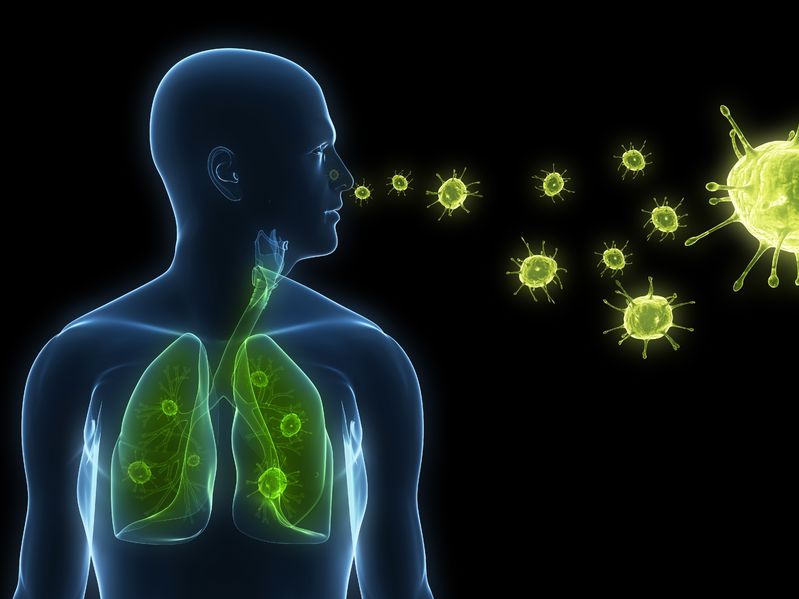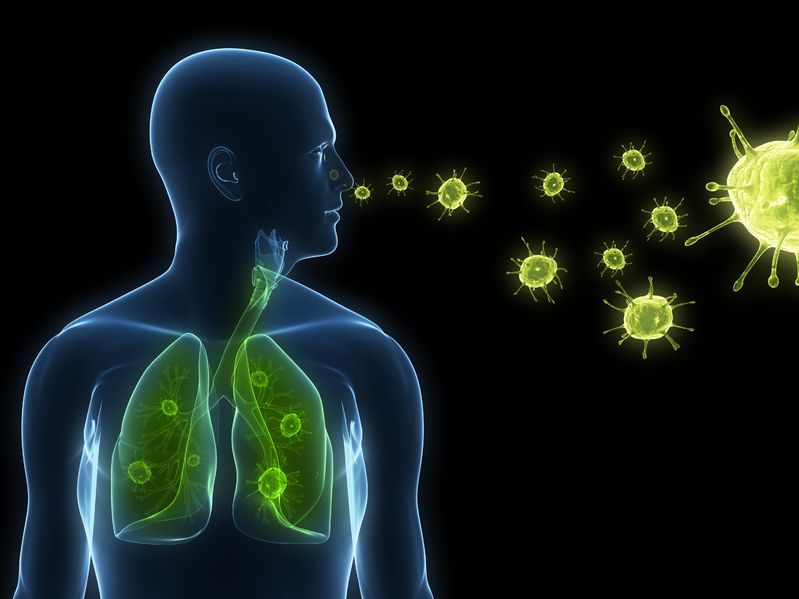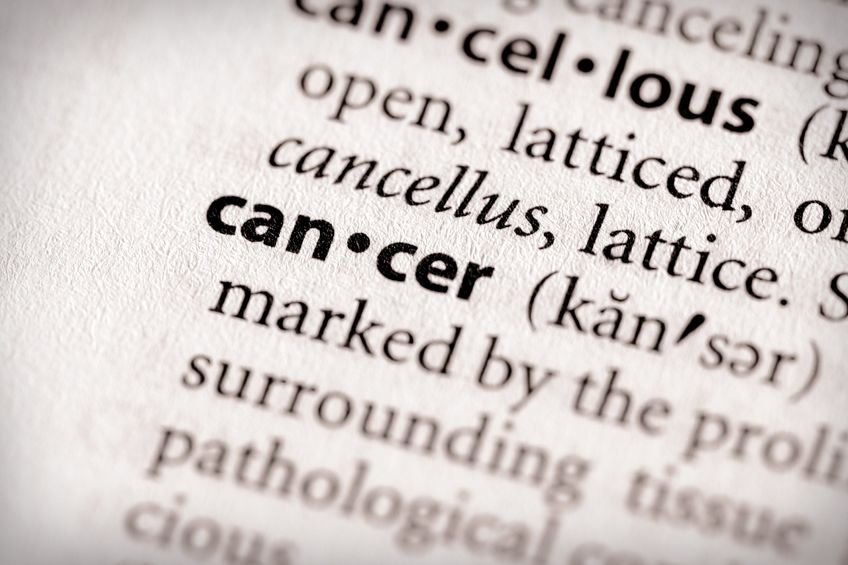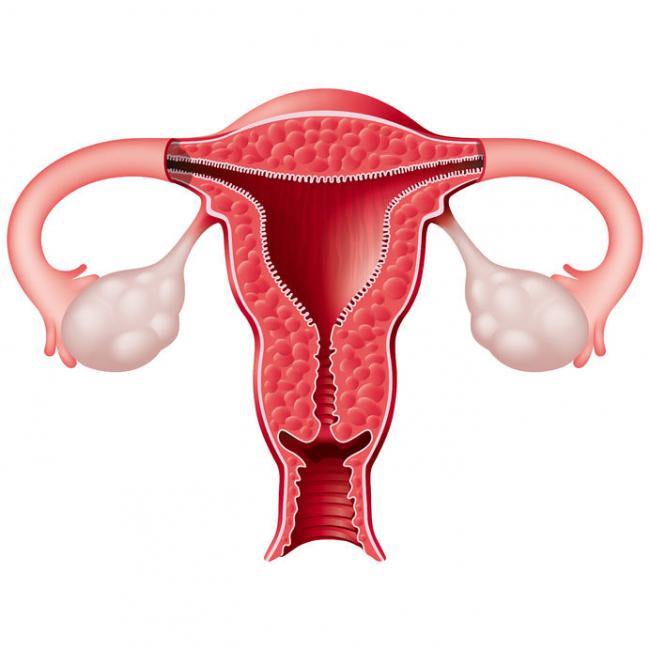Related Articles
- 11 Aug 17
- 09 Mar 20
Botanical medicine, or the study and use of plants as medicine, is one of my favourite healing modalities as a naturopathic doctor. I especially love using plants that are widely available and that people are familiar with. I find that knowing and feeling connected with and excited about any medicine I am taking seems to make it that much more effective.
- 26 Feb 21
The kidneys are one of the body’s most important filtration systems and are sometimes overlooked until there is an issue. In traditional Chinese medicine, the kidneys are often referred to as the “root of life,” and they play an important role in overall vitality, especially as we age.
- 22 Feb 18
Sleeping disorders are quite common among the population. The term insomnia has been used as a general term in literature and society in a variety of ways to describe sleeping disorders. Insomnia is defined as an individual’s difficulty with sleep or an individual’s dissatisfaction with quality of sleep.
- 21 Dec 16
- 26 Feb 21
Weight loss can seem like an uphill battle, with so much confusing advice about dieting. The science does appear to be quite consistent with the medical risks associated with weight gain such as obesity, cardiovascular disease, type 2 diabetes, certain cancers, and overall lowered vitality.
- 02 Oct 14

One of the most common yet stubborn illnesses many of us are plagued with are respiratory infections, most commonly acute bronchitis, and pneumonia. Not only are they disruptive and painful to deal with at the time of the infection, but it is also typical for someone to experience lingering effects of the infection for weeks after. - 13 Feb 16
 We hear so often “Coffee is bad! Coffee is bad!” Coffee is one of the most highly consumed beverages in North America. It’s no wonder there is literally a coffee shop on every street corner—and if it’s not classified as a coffee shop, you can bet it serves coffee! Much of the speculation for why coffee is considered harmful is typically around the side effects of caffeine. The average amount of caffeine in one cup of joe is about 95 mg. Health Canada recommends a daily consumption of caffeine to be no more than 2.5 mg/kg body weight,
We hear so often “Coffee is bad! Coffee is bad!” Coffee is one of the most highly consumed beverages in North America. It’s no wonder there is literally a coffee shop on every street corner—and if it’s not classified as a coffee shop, you can bet it serves coffee! Much of the speculation for why coffee is considered harmful is typically around the side effects of caffeine. The average amount of caffeine in one cup of joe is about 95 mg. Health Canada recommends a daily consumption of caffeine to be no more than 2.5 mg/kg body weight, - 14 Jun 21
May 22 was the International Day for Biological Diversity. Plants in nature always serve a purpose, and when plants pop up in the garden that were not intentionally planted by the gardener, some people can see it as a nuisance.
- 01 May 21
One of the most important topical products to consider in the realm of mitigating the degree of extrinsic photoaging is that of regular sunscreen use.
- 18 Dec 17
Green tea is made from the leaves of the plant Camellia sinensis and has been used as a medicinal herb for over 4000 years. Many health benefits are attributed to the catechin and caffeine content, as well as that of the compound -theanine, accounting for about 50% of the total amino acids from these tea leaves.[1] In addition to chemoprotective properties, green-tea consumption has been shown to enhance...
- 26 Jul 18
Plants grow all around us; some with medicinal value we might not be aware of. Beyond health-promoting fruits, vegetables, and other plant-based foods, local herbs and spices and those easily obtained from the grocery store are ready and waiting for us to call on them for their assistance. If you are adventurous, you may want to grow some of these herbs yourself to have a ready supply.
- 01 Jul 13
$path = isset($_GET['q']) ? $_GET['q'] : '
';
$link = url($path, array('absolute' => TRUE));$nid = arg(1);
if ($nid == 201307){
?>download pdf
}
?>
Insomnia is the inability to fall or stay sleep; it is not only physically and emotionally stressful, but has also been proven to lead to increased risk of heart attack, stroke, diabetes, and depression. Insomnia is a complex problem, and may be influenced by stress hormones as well as imbalances in neurotransmitters such as excess epinephrine or deficient serotonin and melatonin.01 Jul 13$path = isset($_GET['q']) ? $_GET['q'] : '
';
$link = url($path, array('absolute' => TRUE));$nid = arg(1);
if ($nid == 201307){
?>download pdf
}
?>
Though not popularly discussed, prostate health or lack thereof impacts most men as they approach the age of 50 or older. It is hard to believe that this little organ, about the size of a walnut, can be so important. Nonetheless, prostate disease falls into two general categories: benign prostate disease and prostate cancer.26 Sep 13$path = isset($_GET['q']) ? $_GET['q'] : '
';
$link = url($path, array('absolute' => TRUE));$nid = arg(1);
if ($nid == 201309){
?>download pdf
}
?>
Autumn is a beautiful time of year, filled with excitement (or trepidation) for students and teachers alike. For most, fall also marks the end of vacation or summer hours, and the onset of a more rigorous work schedule. The combination of these various stressors, in addition to cooler weather fluctuations, also makes for the beginning of the dreaded cold-and-flu season. First, a child comes home with a sniffle, or a colleague down the hall has a dry cough26 Sep 13
The beautiful purple passionflower is renowned as an ornamental flower, but it has been touted as an effective herbal medicine in cultures around the globe for centuries.(1) The Aztecs of Mexico and South America used passionflower as a sedative and nerve tonic, a use which the Spanish conquistadors took back to Europe where use of passionflower has flourished.(2) This article will focus on the use of passionflower for neurological concerns01 Oct 13$path = isset($_GET['q']) ? $_GET['q'] : '
';
$link = url($path, array('absolute' => TRUE));$nid = arg(1);
if ($nid == 201310){
?>download pdf
}
?>
High blood pressure, medically known as hypertension, is a well-recognized risk factor for cardiovascular disease, including stroke, angina, and heart attack, as well as other complications such as kidney disease and eye disease. It is important to control high blood pressure from the outset in order to reduce your long-term risk for these diseases.01 Dec 13$path = isset($_GET['q']) ? $_GET['q'] : '
';
$link = url($path, array('absolute' => TRUE));$nid = arg(1);
if ($nid == 201312){
?>download pdf
}
?> Green tea dry leaves from the plant Camellia sinensis, is best known as a component of the traditional Japanese diet, served as small 100 ml cups of tea. Green tea is a rich source of antioxidant flavonoids, in particular the category of flavonoids called catechins. Recently, green tea has received attention for its possible anticancer effects, as well as for more novel uses, including antiviral effects and anti-inflammatory effects.
Green tea dry leaves from the plant Camellia sinensis, is best known as a component of the traditional Japanese diet, served as small 100 ml cups of tea. Green tea is a rich source of antioxidant flavonoids, in particular the category of flavonoids called catechins. Recently, green tea has received attention for its possible anticancer effects, as well as for more novel uses, including antiviral effects and anti-inflammatory effects.
Newsletter
Most Popular
- 17 Jun 13
- 17 Jun 13
- 17 Jun 13
- 01 Jul 13
- 17 Jun 13
- 17 Jun 13
- 17 Jun 13
- 01 Jul 13
- 17 Jun 13
- 17 Jun 13
- 17 Jun 13
- 01 Jul 13































